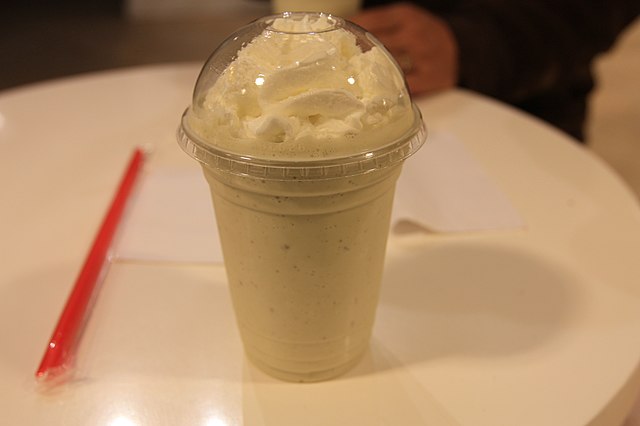PM Sir Keir Starmer’s administration is aiming the UK’s Autumn Budget at a new sugar tax on commercial milk-based treats.
According to the Independent, this will render milk products no longer exempt from the 2018 soft drinks industry levy (SDIL).
Health secretary Wes Streeting has already confirmed a January 1, 2028 implementation date for the levy on milkshakes, lattes and sugared yogurt.
Only fresh beverages at cafés, raw milk and other natural cream products will escape the noose.
During an address to the House of Commons on November 25, 2025, Streeting cited a new sweetener maximum of 4.5 grams/100 milliliters.
Ministers had even earlier targeted a 4-gram-per-100-milliliter cap for sugar in milk drinks.
The argument behind the move is to minimize obesity cases and protect the health of children.
Milk-based drinks currently contain 8-10 g per 100 ml in sugar, above the 5% milk-derived energy threshold for children.
This is why the new levy is trying to imitate the results of the existing sugar tax. The extant SDIL has from 2015 through 2020 cut sugar content in select carbonated drinks by 46%.
The Department of Health said that tackling obesity by such reductions remains the main challenge of the current generation.
Succinctly, the newest levy could cut 17 million calories nationally daily, according to the Minister of Health Karin Smyth.
Canned Milkshakes Getting Dear?
Outside health are of course the economic outcomes of the levy, one of which price mark up.
Streeting has already suggested that prices will go up due to the tax unless processors turn to other recipes.
Earliest estimates think up a rise of 10 to 30 pence ($0.13-0.40) a bottle in milk product retail rates.
The full financial impact of the tax charge will emerge once the chancellor, Rachel Reeves, reads the budget. To anticipate the result, the data section below offers the current sugar tax climate in the UK.
UK Sugar Tax Statistics
The UK’s sugar tax or Soft Drink Industry Levy (SDIL) not only reduces sweetener content in carbonated drinks but surcharges processors. According to the government, it charges 18 pence ($0.24) a liter for drinks with 5-7.9 g sugar. It also taxes 24 pence ($0.32)/l for drinks surpassing 8 g of sugar/100 ml. Although some processorss sometimes exceed limits and therefore pay high levy, the industry as a whole has significantly cut sweetener content. According to the Health Secretary Wes Streeting, the SDIL lowered sugar levels in soft drinks by 46% between 2015 and 2020.
Between 2018 and 2025, milk-based treats had escaped SDIL so long as they had 75 ml of milk per 100 ml. Substitutes of milk had also earned taxing exemption as long as 120 mg in each 100 ml was calcium. But in late 2025, the government announced a new levy effective January 1, 2028 targeting milkshakes, sweet yoghurt and lattes. It seeks to cut the total energy calories that children derive from these products to below 5% threshold. This means bringing sweetener levels to below 4.5 g per 100 ml of each canned milk product.
Which is the leading milk product processed in the UK?
Milk is a main ingredient in the hot drink section at restaurants, in latte, yogurt, cheese and other related products. The leading commercial milk product by output in Britain is cheese at just over 500 million solid liters in the year ending September 2025. Cheddar comprised 67% of all cheese in the period under highlight.
